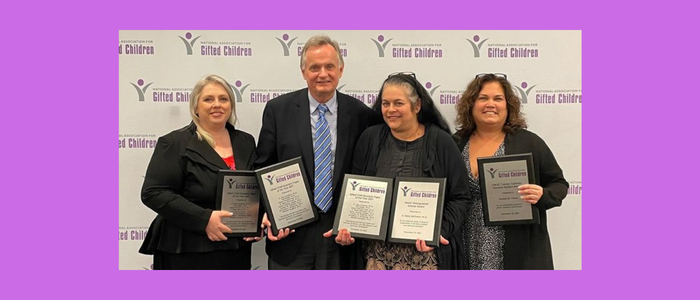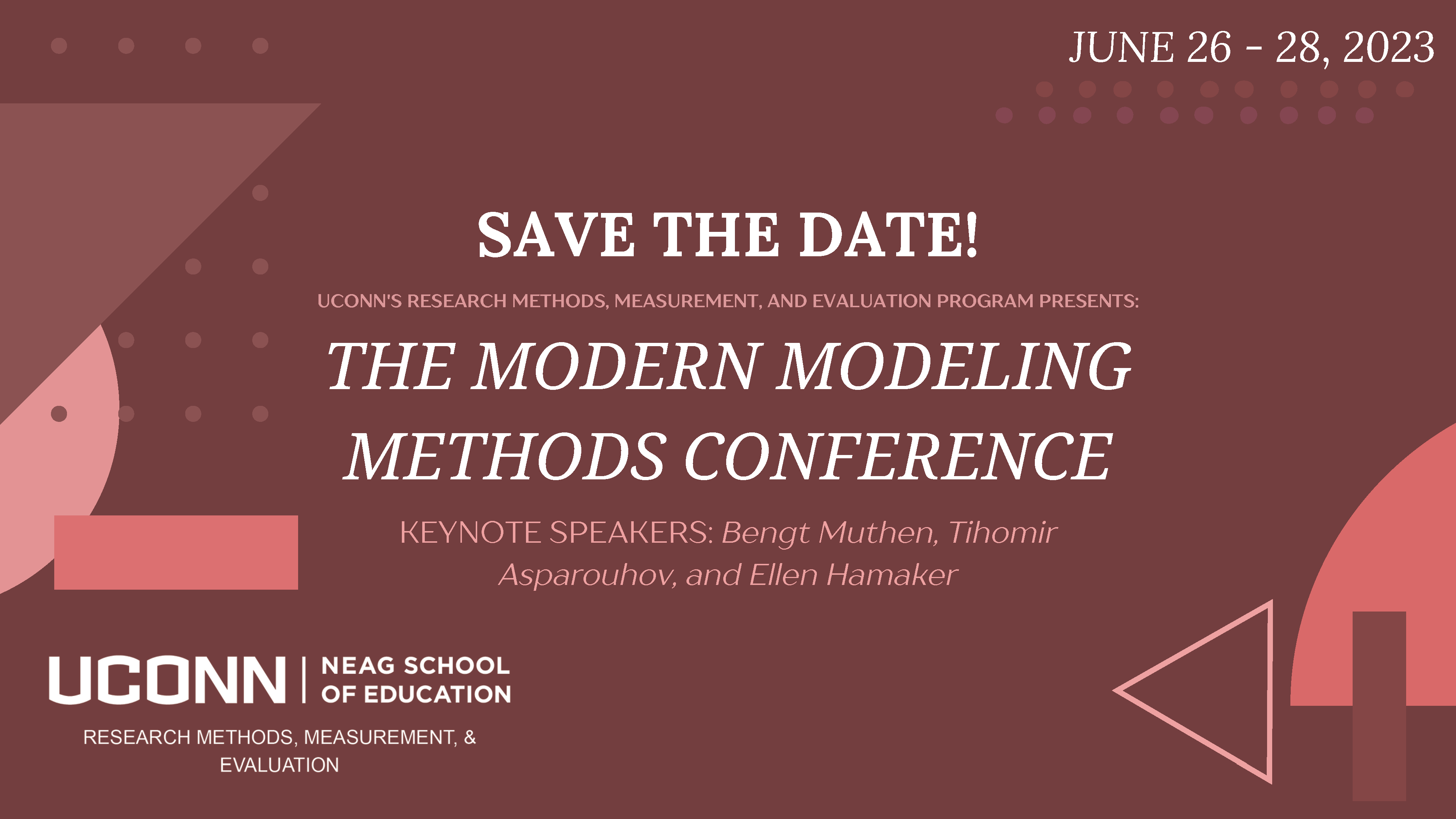RMME/STAT Joint Colloquium
A Bayesian Nonparametric Approach to Geographic and two-Dimensional Regression Discontinuity Designs
Dr. Luke Miratrix
Harvard University
Friday, April 7, at 11AM ET
https://tinyurl.com/rmme-Miratrix
Geographical and two-dimensional regression discontinuity designs (RDDs) extend the classic, univariate RDD to multivariate, spatial contexts. We propose a framework for analyzing such designs with Gaussian process regression. This yields a Bayesian posterior distribution of the treatment effect at every point along the border, allowing for impact heterogeneity. We can then aggregate along the border to obtain an overall local average treatment effect (LATE) estimate. We address nuances of having a functional estimand defined on a border with potentially intricate topology, particularly with respect to defining the target estimand of interest. The Bayesian estimate of the LATE can also be used as a test statistic in a hypothesis test with good frequentist properties, which we validate using simulations and placebo tests. We demonstrate our methodology with a dataset of property sales in New York City, to assess whether there is a discontinuity in housing prices at the border between school districts. We also discuss application of this method to the context of treatment as a function of two forcing variables, such as falling below a threshold for either a reading or math test.
